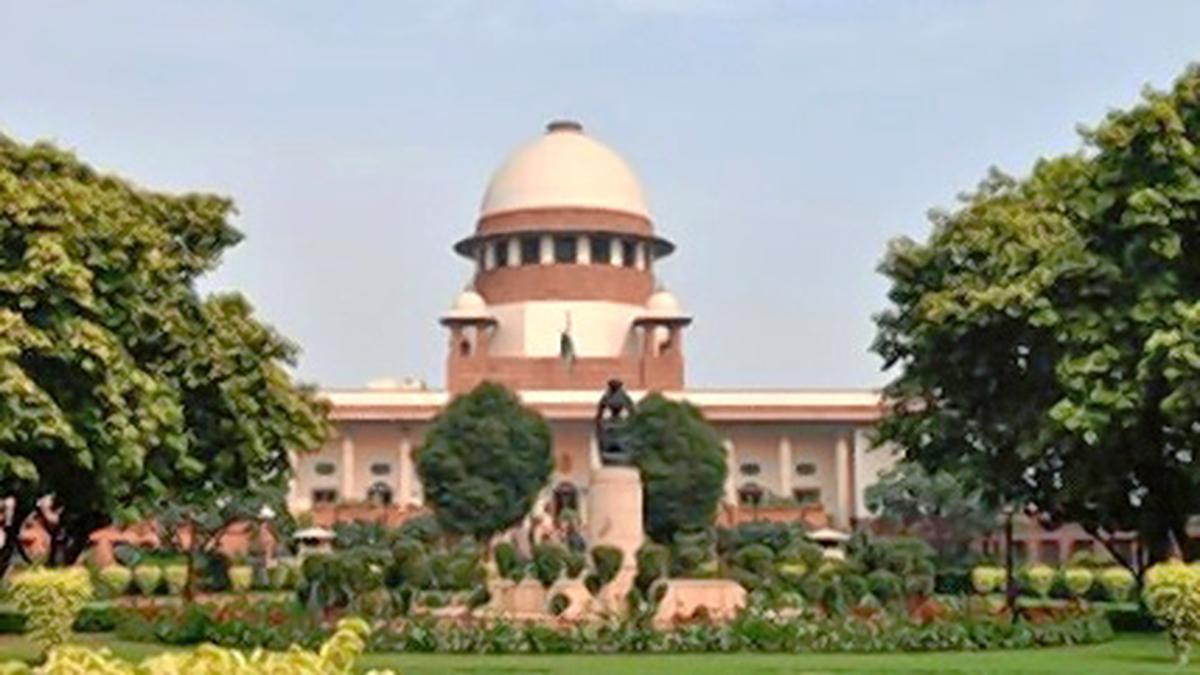 |
|
The recent visit of Prime Minister Narendra Modi to the residence of Chief Justice of India D.Y. Chandrachud for a Ganapati puja has sparked a heated debate within the legal fraternity and public fora regarding the propriety of such an interaction. This controversy is rooted in a 16-point document on judicial values, known as the 'Restatement of Values of Judicial Life,' adopted by the Supreme Court in a Full Court Meeting on May 7, 1997. This document, while not exhaustive, served as a guiding principle for the conduct of judges in the Supreme Court and High Courts.
The document emphasizes the need for judicial independence and the maintenance of public confidence in the judiciary. It warns against any actions that could erode public trust in the impartiality of the judiciary, whether in an official or personal capacity. The document advocates for a degree of aloofness and decorum consistent with the dignity of the judicial office. It stresses that judges are always under public scrutiny and should avoid any actions that could be perceived as unbecoming of their high office. The core principle underlying the document is to ensure that justice is not only done but also seen to be done.
The Campaign for Judicial Accountability and Reforms, with noted advocate Prashant Bhushan as an office-bearer, has highlighted the importance of maintaining public confidence through probity in the interactions between high constitutional functionaries. They reference a statement by former CJI M.N. Venkatachaliah to former Prime Minister Narasimha Rao emphasizing that the relationship between the judiciary and executive should be correct, not cordial. They argue that cordiality between the court and government undermines the constitutional scheme of checks and balances and that the judiciary, responsible for safeguarding the Constitution and ensuring impartial justice, must be perceived as entirely independent from the executive branch. This perspective underscores the concerns regarding the optics of a close interaction between the Prime Minister and the Chief Justice.
While acknowledging the integrity of the Chief Justice, senior advocate Kapil Sibal, also the Supreme Court Bar Association president, expressed concerns about the impact of the video clip on public perception. He argued that the video could lead to speculation and gossip about the institution, which should be avoided. He emphasized that personal religious practices should remain private and not subject to public scrutiny. Senior advocate Indira Jaising, on social media, asserted that the Chief Justice's actions compromised the separation of powers and undermined public confidence in the judiciary's independence. She called for the Supreme Court Bar Association to publicly condemn the perceived compromise.
However, senior advocate Manan Kumar Mishra, Bar Council of India chairperson, downplayed the controversy, suggesting it was merely a social and religious function that would not influence any Supreme Court judgments. He emphasized that the Prime Minister's visit was solely for offering prayers and that any further interactions would have been conducted confidentially. This perspective highlights the differing views within the legal community on the significance of the meeting and its potential impact on judicial independence.
The debate surrounding the Prime Minister's visit to the Chief Justice's residence for Ganapati puja raises crucial questions about judicial independence, public perception, and the delicate balance between personal beliefs and the integrity of the judiciary. While some view the meeting as a mere social event with no inherent implication on judicial independence, others express concern about the optics and potential for eroding public trust in the judiciary. This controversy serves as a reminder of the crucial need for transparency and accountability in the highest echelons of the judiciary and the importance of maintaining public confidence in its impartiality.
